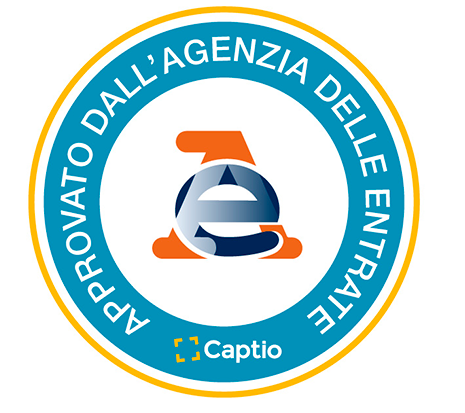In this post, we continue with an overview of the basic terminology that any Business Traveller needs to know. Internal customer, gamification, bleisure, blurring, mileage... if you have read out basic glossary parts I and II, these terms hold no secrets for you. However, there are even more! Keep reading to find out!
- KPI: Key Performance Indicator. These are measurements that indicate the degree of compliance with an objective set by company to gauge its performance. It may be a financial (such as the ROI or evolution of turnover) or non-financial metric (for instance, the market share or number of sales per employee).
- MICE: Acronym of Meetings, Incentives, Conferences and Exhibitions. This refers to professional tourism, whether in the form of business meetings, events, congresses or incentives.

- Mobility: In the professional arena, this term refers to geographic movements for business reasons. A mobile employee is a professional who travels in the course of their work, such as a salesperson who visits their customers.
- Expense report: The document used by the employees of a company to report and request reimbursement of the expenses, primarily related to travel, incurred in the course of their work. The reports may be in paper or digital format.
- Business expense policy: Set of rules or guidelines that the company established in relation to business expenses. It usually includes concepts such as the type of expenses permitted, maximum limits, who is authorized to generate such expenses, conditions for verification, etc.
- Reporting: The preparation of expense reports in relation to some company process or processes. To do so, it is necessary to manage information effectively and have up-to-date quality data available.
- ROI: Acronym of Return On Investment. This is a percentage calculated based on the investment and the profit generated in order to ascertain whether or not the outlay has been efficient.
- Travel Manager: A company’s travel manager is the professional responsible for the employee’s travel: organization, management, execution, analysis, etc.
- Receipt: The colloquial way of referring to simplified invoices. These differ from full invoices in terms of the amount of data that appear on them. On a receipt, in contrast to a full invoice, the customer’s name or company name does not appear, and neither does their national identity number or address, nor a breakdown of VAT and the tax rate. This simplified invoice is not valid proof for the Tax Authority for the purposes of deducting the VAT of an expense. However, there are legal mechanisms for replacing it with a valid proof of purchase.
- Validation/approval workflow: The workflow of the management process for the validation or approval of a process and the people involved in it. For instance, the validation workflow for business expenses sets out the steps to be followed to request a trip right through to its approval, and by whom it must be approved.




